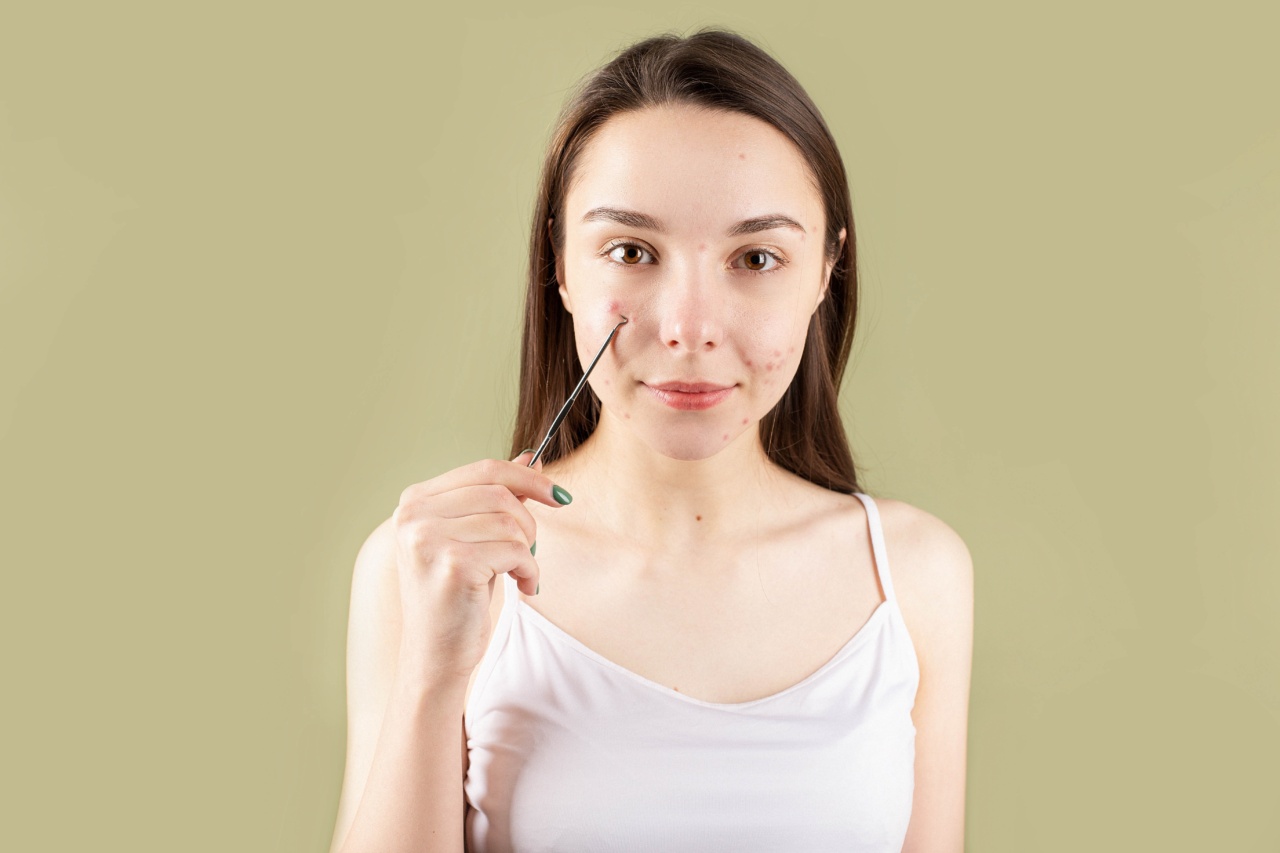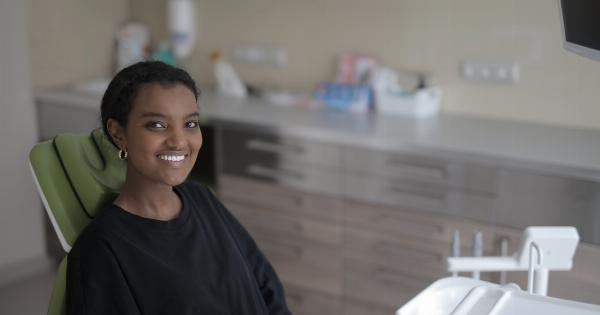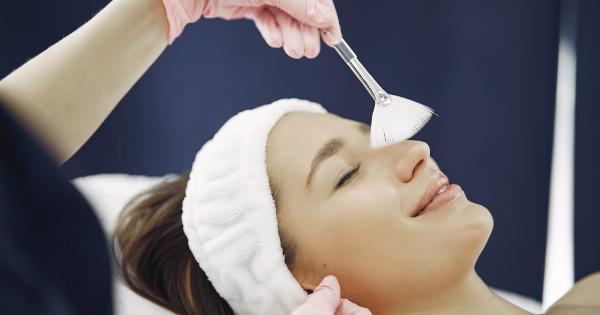Acne is a skin condition that affects millions of people worldwide. It is characterized by the appearance of pimples, blackheads, whiteheads, and other types of blemishes on the face, neck, chest, and back.
Although it is most commonly associated with teenagers, it can affect people of all ages, genders, and races. In this article, we will explore the causes of acne and available treatments.
Causes of Acne
Acne is caused by a combination of factors, including excess oil production, clogged pores, and bacteria. Hormonal changes, such as those that accompany puberty, can also contribute to acne development.
Other factors that may increase the risk of acne include:.
- Genetics
- Stress
- Dietary factors, including high glycemic load and dairy intake
- Comedogenic skincare products
- Medications, including some types of birth control pills and corticosteroids
- Environmental factors such as pollution and humidity
Types of Acne
Acne comes in various types. According to the American Academy of Dermatology, common types of acne include:.
- Blackheads – clogged hair follicles that appear black
- Whiteheads – clogged hair follicles that appear white or skin-colored
- Papules – inflamed bumps that are typically pink
- Pustules – inflamed bumps that contain pus
- Nodules – painful, solid pimples that are deep-seated in the skin
- Cysts – painful, pus-filled lumps that are deep-seated in the skin
Treatment of Acne
The treatment of acne aims to reduce the severity of existing acne, prevent new blemishes from forming, and minimize the risk of scarring.
Treatment options may vary depending on the severity of acne, the patient’s age and overall health, and other factors. Common treatments for acne include:.
Topical Medications
Topical medications are applied directly to the skin and may include:.
- Retinoids – topical medications that unclog pores and reduce inflammation
- Benzoyl peroxide – a topical medication that kills bacteria and reduces inflammation
- Antibiotics – topical medications that kill bacteria
- Azelaic acid – a topical medication that reduces inflammation and unclogs pores
- Salicylic acid – a topical medication that unclogs pores and reduces inflammation
Oral Medications
Oral medications are taken by mouth and may include:.
- Antibiotics – oral medications that kill bacteria
- Isotretinoin – a potent oral medication reserved for severe cases of acne
- Birth control pills – oral medications that regulate hormones in women to prevent acne breakouts
Procedures
Procedures may be recommended for severe cases of acne or for patients with scarring. These may include:.
- Chemical peels – a type of procedure that removes the top layer of the skin to improve acne and scarring
- Light therapy – a type of procedure that uses light to reduce inflammation and kill bacteria
- Extraction – a type of procedure that removes blackheads and whiteheads manually
- Laser therapy – a type of procedure that targets the oil glands to reduce oil production and inflammation
Prevention of Acne
Although acne cannot always be prevented, there are steps that can help reduce the risk of acne breakouts. These include:.
- Washing your face twice a day with a gentle cleanser
- Avoiding touching your face and picking at pimples
- Avoiding comedogenic skincare and makeup products
- Eating a healthy diet that is low in processed foods and sugar
- Managing stress through exercise, meditation, and other relaxation techniques
- Regularly cleaning items that come in contact with your face, such as towels and phone screens
- Wearing sunscreen to protect your skin from damage and irritation
Conclusion
Acne is a complex and common skin condition that can have significant physical and emotional effects. Fortunately, there are many effective treatments available to help manage and control acne symptoms.
By working with a dermatologist to identify the underlying causes of your acne, you can find a treatment plan that works best for you and your skin.























